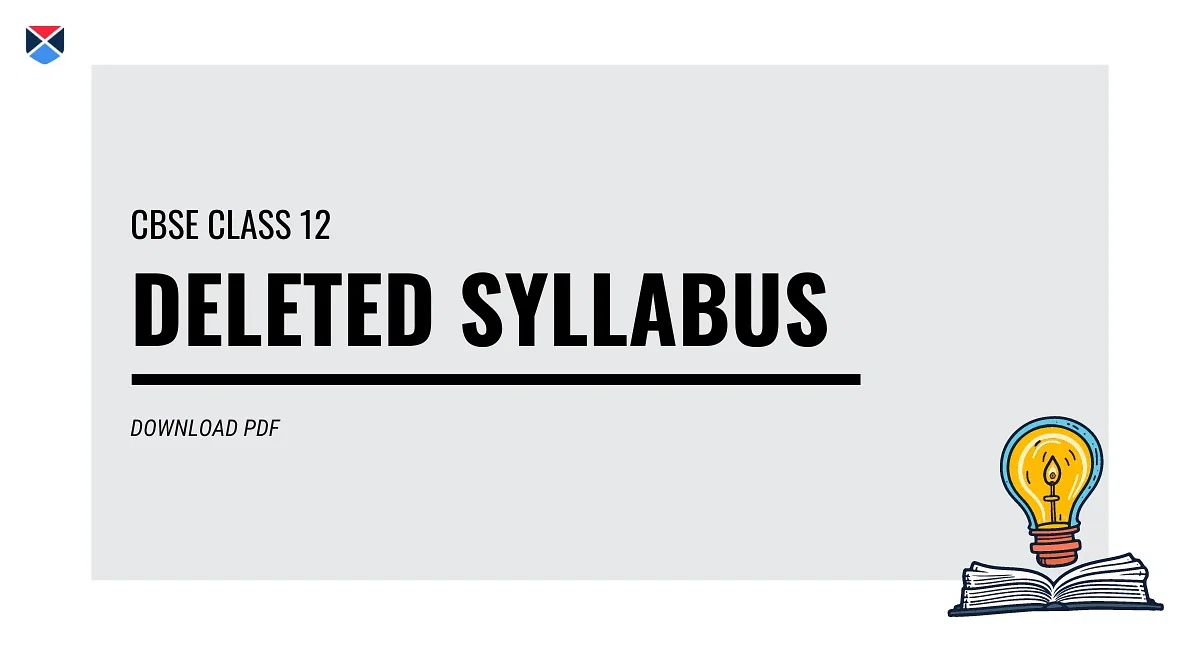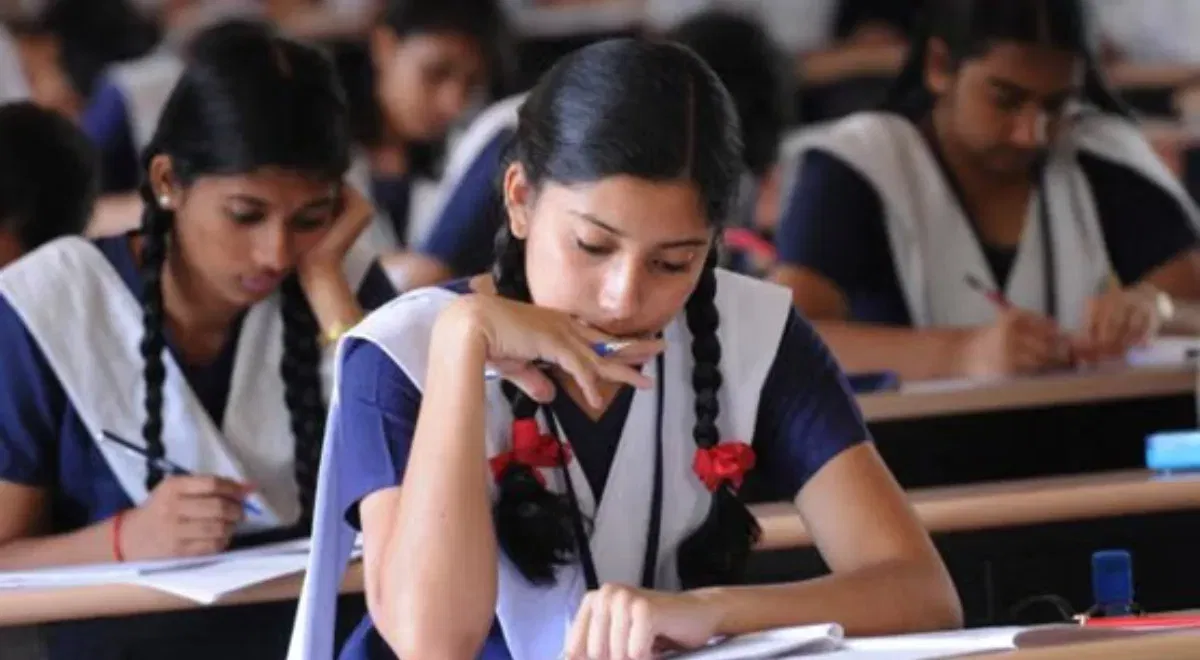Find out what is the full form of ICSE and know the subjects, marking scheme, benefits, and best preparation tips to prepare for the ICSE board exams.
Students willing to opt for the CISCE board usually wonder what is the full form of ICSE. Indian Certificate of Secondary Education is the ICSE full form. It administers annual exams for class 10th students in CISCE-affiliated schools. Note that only regular students can appear for the board exams of ICSE; private students are not allowed.
The syllabus of ICSE is structured logically and involves a detailed assessment of each subject. Its objective is to impart problem-solving, analytical, and practical skills to students in multiple fields. Learn more about the ICSE board, along with its subjects, marking scheme, and advantages.
What is the Full Form of ICSE: ICSE Board Overview
Now that you know what is the full form of ICSE, check out some of the major highlights related to the board.
| Board Name | ICSE |
| Full Form | Indian Certificate of Secondary Education |
| Conducting Body | The Council for the Indian School Certificate Examination (CISCE) |
| Exam Conducted for | Students of Class 10 |
| Mode of Exam | Offline |
| Language of Exam | English |
| Marking Scheme | Percentage |
| Official Website | cisce.org |
ICSE Board Subjects
The subjects involved in the ICSE board exam can be categorised into three groups. The results of ICSE are based on the best 5 out of six subjects in which the English score is mandatory. Here is the entire list of subjects present in the curriculum of ICSE.
Group 1 - Compulsory Subjects
Group 1 of the ICSE board syllabus consists of the compulsory subjects as mentioned below.
- English
- Second Language (one/two)
- History, Civics & Geography
- Science Application
Group 2 - Optional Subjects (2/3)
Candidates need to opt for 2 or 3 subjects from the list of subjects in Group 2.
- Mathematics
- Science (Physics, Chemistry, Biology)
- Commercial Studies
- A Modern Foreign Language
- A Classical Language
- Economics
- Environmental Science
Group 3 - Optional Subjects (Any 1)
From this category, students have to choose any one optional subject.
- Computer applications
- Home Science
- Yoga
- Physical Education
- Fashion Designing
- Technical drawing applications
- Art
- Economic applications
- Environmental applications
- Hospitality Management
- Commercial Applications
- Cookery
- Performing Arts
- Mass media and communication
- Modern foreign language
- Beauty & Wellness: Skin & Beauty
- Beauty & Wellness: Hair Styling
Marking Scheme of ICSE Board
The ICSE marking scheme will help students understand the distribution of marks for all the subjects. Based on the weightage of subjects, students can devise a study plan, thereby placing more emphasis on the essential subjects. Below is the marking scheme of ICSE for each subject involved in the three groups.
| Group 1 - Compulsory Subjects | External Exam Percentage | Internal Exam Percentage |
| English | 80% | 20% |
| Second Language (one/two) | 80% | 20% |
| History / Civics & Geography | 80% | 20% |
| Science Application | 80% | 20% |
| Group 2 - Optional Subjects (Any 2/3) | External Exam Percentage | Internal Exam Percentage |
| Mathematics | 80% | 20% |
| Science (Physics, Chemistry, Biology) | 80% | 20% |
| Commercial Studies | 80% | 20% |
| A Modern Foreign Language | 80% | 20% |
| A Classical Language | 80% | 20% |
| Economics | 80% | 20% |
| Environmental Science | 80% | 20% |
| Group 3 - Optional Subjects (Any 1) | External Exam Percentage | Internal Exam Percentage |
| Computer applications | 50% | 50% |
| Home Science | 50% | 50% |
| Yoga | 50% | 50% |
| Physical Education | 50% | 50% |
| Fashion Designing | 50% | 50% |
| Technical drawing applications | 50% | 50% |
| Art | 50% | 50% |
| Economic applications | 50% | 50% |
| Evironmental applications | 50% | 50% |
| Hospitality Management | 50% | 50% |
| Commercial Applications | 50% | 50% |
| Cookery | 50% | 50% |
| Performing Arts | 50% | 50% |
| Mass media and communication | 50% | 50% |
| Modern foreign language | 50% | 50% |
| Beauty & Wellness: Skin & Beauty | 50% | 50% |
| Beauty & Wellness: Hair Styling | 50% | 50% |
Advantages of ICSE
Those who want to study under the ICSE board must know what benefits it offers. Following are some of the main advantages of ICSE.
- ICSE provides a range of subject choices for students to study.
- The syllabus of ICSE covers every subject comprehensively so that students are thorough with all the concepts and topics.
- English fluency is of great importance in ICSE, due to which ICSE students become more confident while conversing in English.
- The curriculum of ICSE strives to develop problem-solving skills and practical knowledge in students rather than solely focusing on academic achievements.
- Most of the higher education institutes across the globe recognise the ICSE board.
- ICSE emphasises a lot on internal assessment and believes that it is very important for the mental development of the student.
- The syllabus and pedagogy under ICSE allow students to prepare for the corporate world.
- Students get flexibility while opting for subjects in the ICSE board.
ICSE Preparation Tips
Now that you have a fair idea of the ICSE syllabus and marking scheme let us know some tips for ICSE board exam preparation. Follow the methods below to boost your preparation for the ICSE board exam.
- Create a proper study plan for preparation and spend equal time preparing every subject. Around 6-8 hours of dedicated studies on a regular basis is ideal. Stick to the study plan religiously and take enough breaks in between to avoid stress and anxiety.
- Devise a section-wise strategy to score well in the ICSE board exam. Find out your strong and weak points from each subject and focus on clearing the concepts.
- Go through the ICSE syllabus and look out for the topics that you did not cover. Try to cover the left-out topics as per the time left for preparation.
- Practice a lot of questions to get the hang of solving varied type of questions.
- Pick the right books to prepare effectively for the ICSE board exam. A number of books in the market claim to provide the best study material. However, only a hand full of them are suitable for preparation for ICSE. So, make sure you pick the reference books wisely.
- A thorough revision is crucial once students are through with covering the syllabus of ICSE. Do not waste your time by studying untouched topics at the last minute. Instead, focus on revising all the covered topics thoroughly so that you retain all that you studied.
- In the end, do not panic in the last few days of the exam. Keep your calm and stay confident in all that you have prepared and learned so far. Remember that consistency with focused studies will help you get the desired results.










